Uncertainty ahead of the Budget causes house price growth to stall, says Rightmove
Property website Rightmove says asking prices increased by just 0.3% in October, well below the 1.3% average for the month


Get the latest financial news, insights and expert analysis from our award-winning MoneyWeek team, to help you understand what really matters when it comes to your finances.
You are now subscribed
Your newsletter sign-up was successful
Want to add more newsletters?

Twice daily
MoneyWeek
Get the latest financial news, insights and expert analysis from our award-winning MoneyWeek team, to help you understand what really matters when it comes to your finances.

Four times a week
Look After My Bills
Sign up to our free money-saving newsletter, filled with the latest news and expert advice to help you find the best tips and deals for managing your bills. Start saving today!
Uncertainty ahead of this month’s Budget saw asking prices for homes in the UK rise by much less than expected in October.
According to data from property website Rightmove, asking prices increased by just 0.3% in October, well below the 1.3% average for the month.
The near stasis comes as Rachel Reeves prepares to deliver her first Budget as chancellor on 30 October, with many fearing policy changes and tax rises that could be detrimental to house price growth.
MoneyWeek
Subscribe to MoneyWeek today and get your first six magazine issues absolutely FREE

Sign up to Money Morning
Don't miss the latest investment and personal finances news, market analysis, plus money-saving tips with our free twice-daily newsletter
Don't miss the latest investment and personal finances news, market analysis, plus money-saving tips with our free twice-daily newsletter
However, Rightmove says a glut of properties on the market also dampened price rises. The number of homes available for sale was 12% higher than the same time period last year.
Tim Bannister, the company’s director of property science, said: "This month's subdued price growth comes as buyer choice soars to a level not seen since 2014. With the ball in the buyer's court and the pick of a big crop to choose from, sellers need to be pricing competitively to find a buyer.
“Some estate agents report that movers are also now waiting for Budget clarity and anticipated cheaper mortgage rates later this year.”
Buying a house in a 'new town' is cheaper
The findings come after lender Halifax reported that house buyers could save up to £50,000 by purchasing a property in a new town built after the Second World War compared to elsewhere in the UK.
Halifax says the average house price in a new town is £300,656, as opposed to a UK average of £346,995.
Over the past 30 years, Halifax says the average price of a property in a new town, such as Milton Keynes, has jumped by 441 per cent, slightly behind the average for the whole of the UK at 454 per cent.
However, some new towns have seen significant property spikes. Crawley in West Sussex tops the list, with property prices surging by 543 per cent since 1994, from £63,712 to £409,836.
What is happening with house prices?
House prices rose by 1.5% in August, bringing the annual growth rate to 2.8%, according to official figures.
The average price of a property in the UK now sits at £293,000, an £8,000 uplift compared to a year ago.
The Land Registry index, which differs from the way Halifax calculates prices, shows that annual house price inflation was highest in the North West, where prices increased by 4.6% in the 12 months to August. The South West had the lowest annual inflation of all regions in England, with prices rising by just 0.8%.
Jeremy Leaf, estate agent and a former RICS residential chairman, says: “This most comprehensive of all house-price surveys, as it includes cash and mortgage transactions, demonstrates once again considerable market strength despite reflecting activity over the past three months at a time of economic and political turbulence.
Where have house prices risen the most?
The official house price index from the Land Registry and the Office for National Statistics reveals that of the four UK regions, values rose the fastest in Northern Ireland.
Average house prices in Northern Ireland jumped 6.4% over the past year to reach £185,000. This was followed by 5.4% growth in Scotland, with the average property now costing £200,000. In Wales, house prices rose 3.5% to reach £223,000. Meanwhile, in England prices increased 2.3% to £310,000.
In terms of English regions, the North West saw the fastest annual house price growth (4.6%), followed by Yorkshire and the Humber (4.4%), and then the West Midlands (2.6%).
The slowest house price inflation was seen in the South West (0.8%), followed by London at 1.4%. The average home in the capital now costs £531,212.
Get the latest financial news, insights and expert analysis from our award-winning MoneyWeek team, to help you understand what really matters when it comes to your finances.
Chris is a freelance journalist, and was previously an editor and correspondent at the Financial Times as well as the business and money editor at The i Newspaper. He is also the author of the Virgin Money Maker, the personal finance guide published by Virgin Books, and has written for the BBC, The Wall Street Journal, The Independent, South China Morning Post, TimeOut, Barron's and The Guardian. He is a graduate in Economics.
-
 How a ‘great view’ from your home can boost its value by 35%
How a ‘great view’ from your home can boost its value by 35%A house that comes with a picturesque backdrop could add tens of thousands of pounds to its asking price – but how does each region compare?
-
 What is a care fees annuity and how much does it cost?
What is a care fees annuity and how much does it cost?How we will be cared for in our later years – and how much we are willing to pay for it – are conversations best had as early as possible. One option to cover the cost is a care fees annuity. We look at the pros and cons.
-
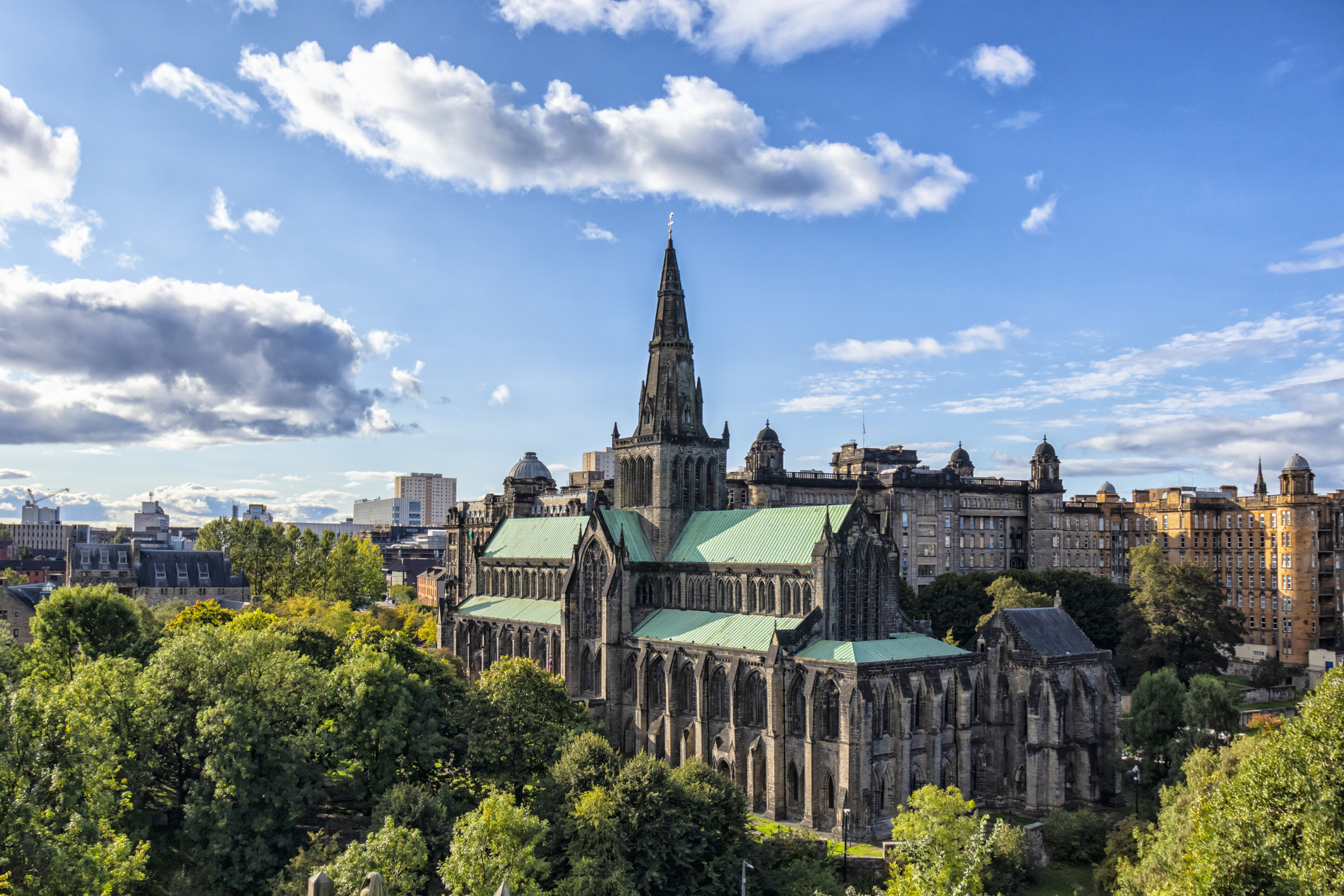 The UK cities where it’s cheaper to buy a house than rent
The UK cities where it’s cheaper to buy a house than rentFor people in some areas of the country, home ownership is a distant dream. But for others it can be surprisingly affordable.
-
 Why investors can no longer trust traditional statistical indicators
Why investors can no longer trust traditional statistical indicatorsOpinion The statistical indicators and data investors have relied on for decades are no longer fit for purpose. It's time to move on, says Helen Thomas
-
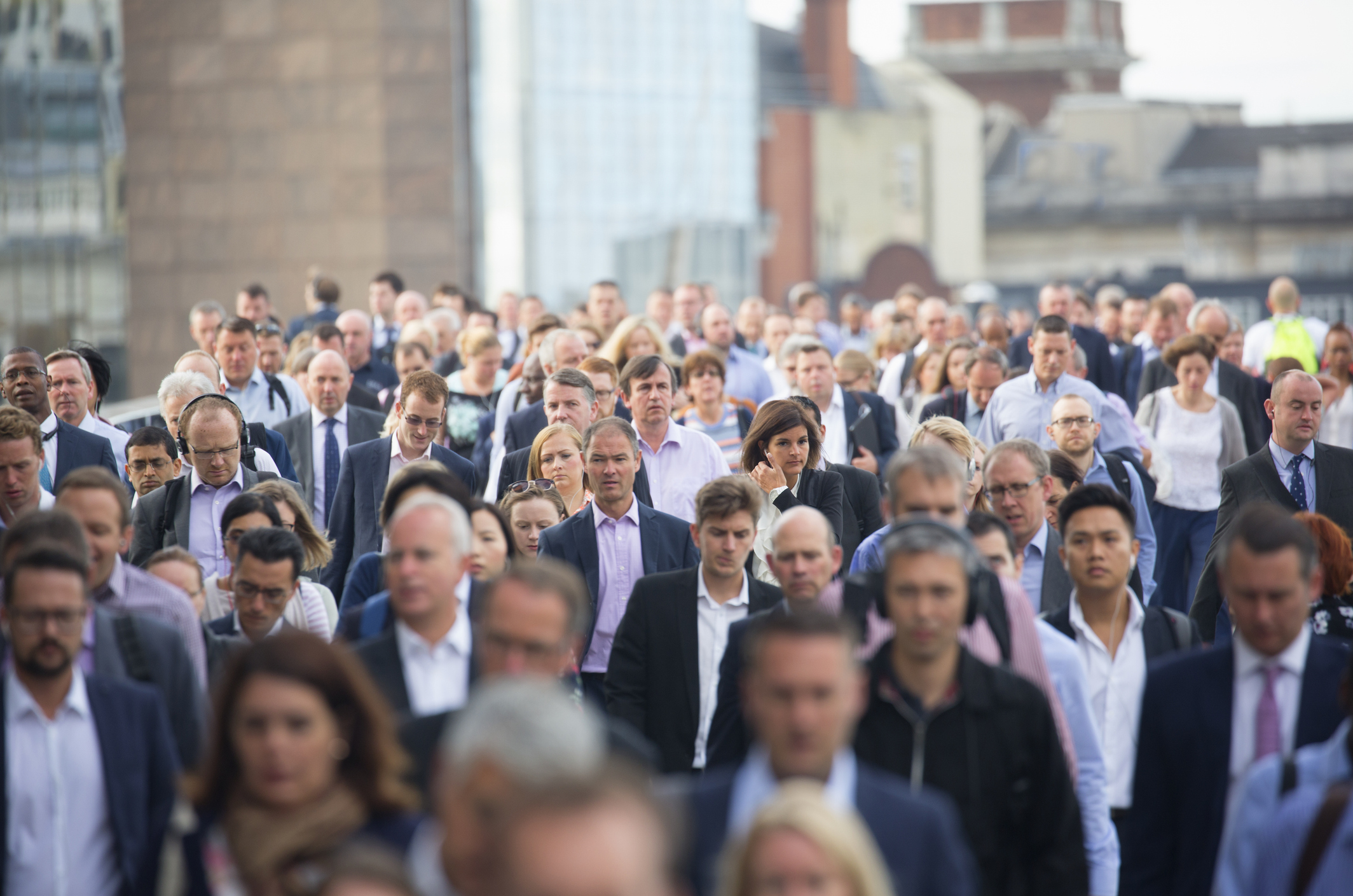 Unemployment remains at five-year high as wage growth continues to slow
Unemployment remains at five-year high as wage growth continues to slowUnemployment in the UK held at 5.1% in the three months to November as wage growth fell again month-on-month.
-
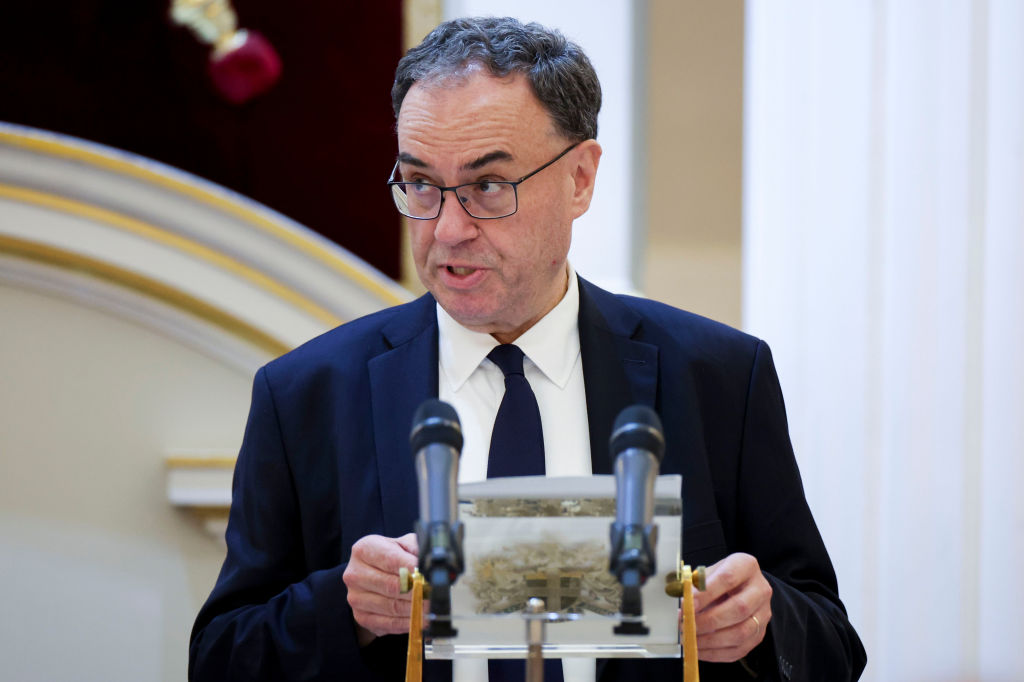 Is the Office for National Statistics fit for purpose?
Is the Office for National Statistics fit for purpose?Britain’s statistics authority, the Office for National Statistics, is increasingly unfit for purpose. Why, and what can be done?
-
 UK inflation forecast: where are prices heading next?
UK inflation forecast: where are prices heading next?UK inflation fell sharply in January. Is price growth expected to fall further in 2026, and when will inflation go back to the 2% target?
-
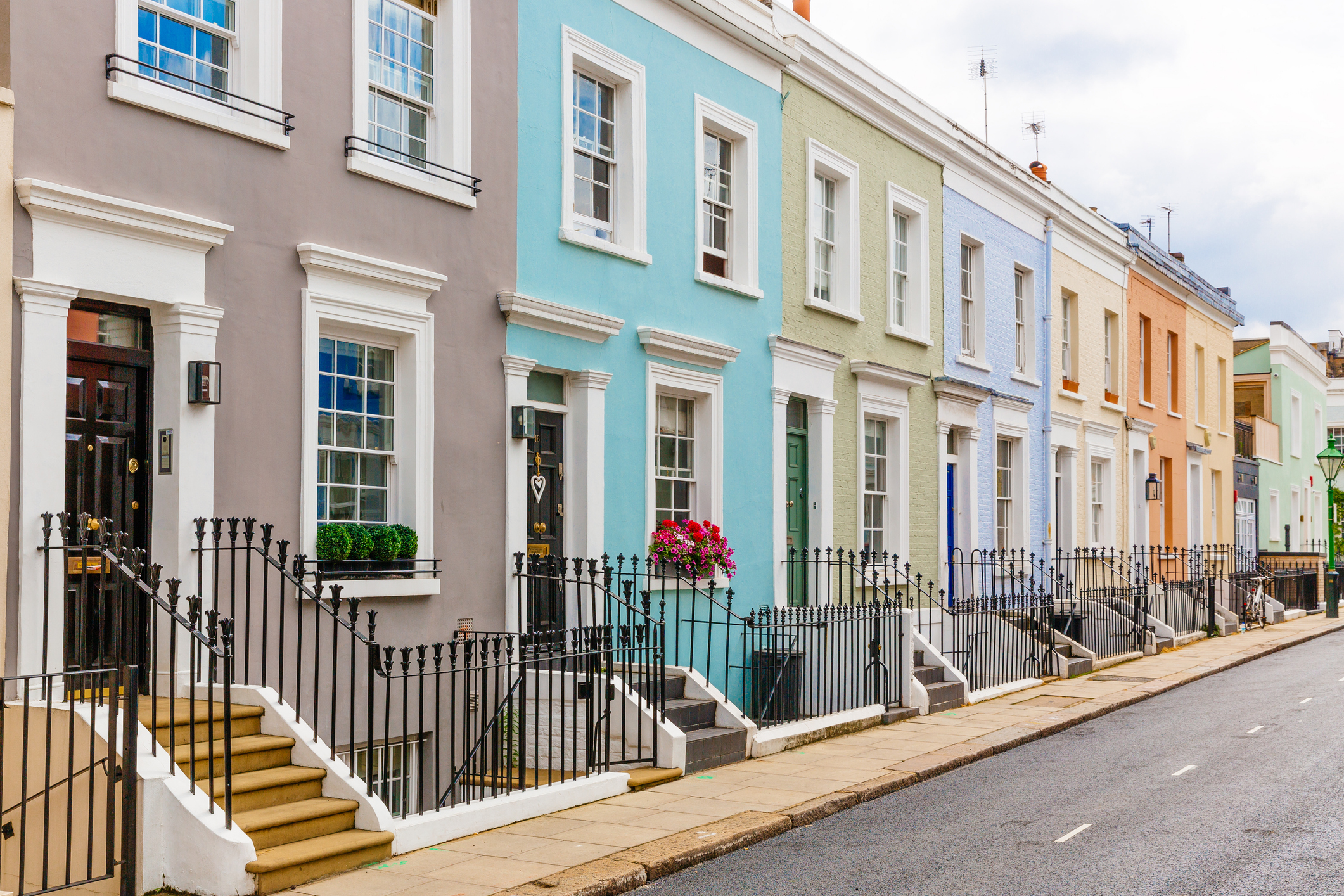 Homeowners sitting on gains of £80,000 over the last 20 years
Homeowners sitting on gains of £80,000 over the last 20 yearsData from Zoopla shows significant increases in UK property prices over the last two decades
-
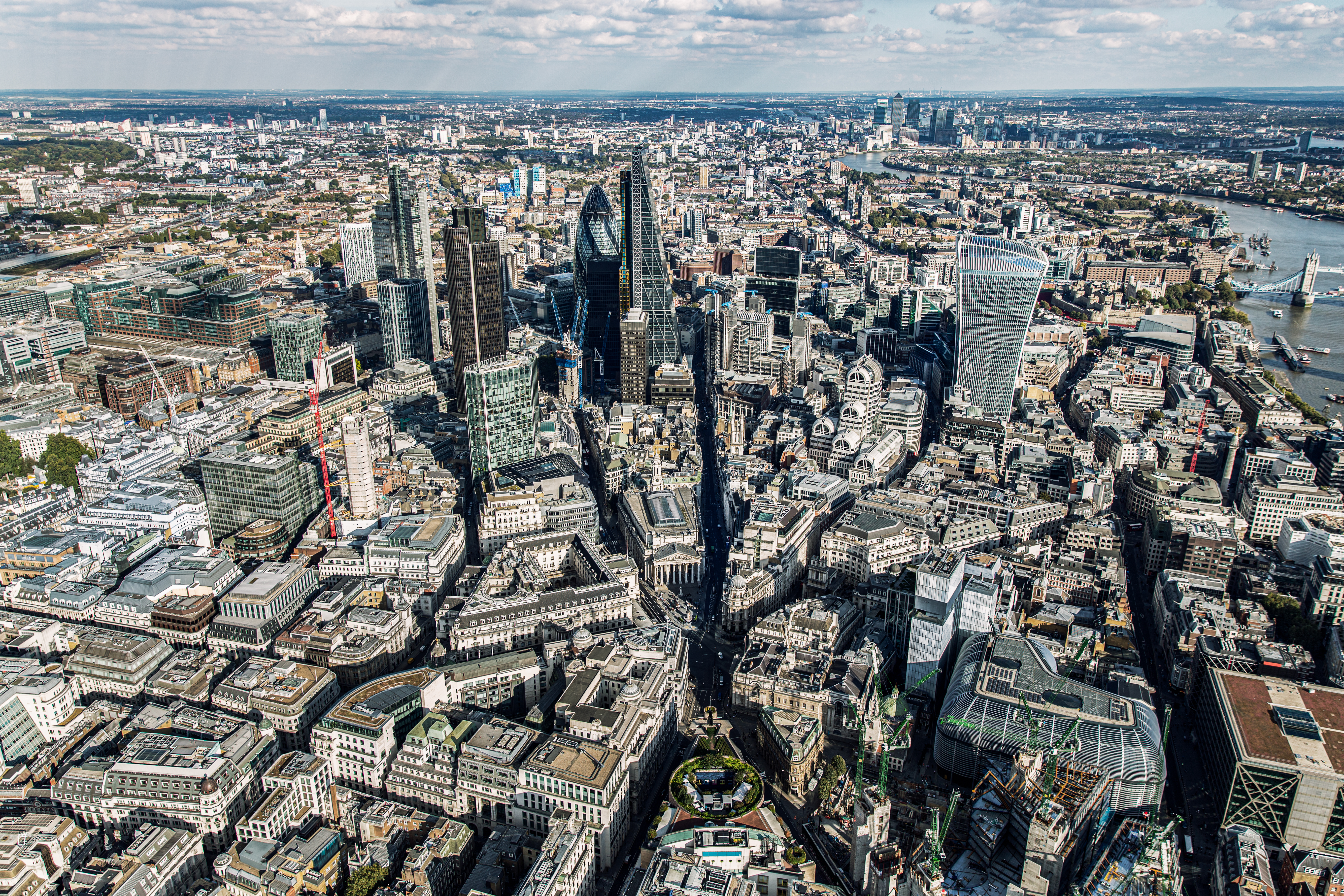 ONS: UK economy grew by ‘lacklustre’ 0.1% in final quarter of 2025
ONS: UK economy grew by ‘lacklustre’ 0.1% in final quarter of 2025The construction sector performed its worst in more than four years in the final quarter of 2025, the latest Office for National Statistics (ONS) GDP figures show
-
 UK inflation: What are the Consumer Price Index release dates?
UK inflation: What are the Consumer Price Index release dates?The UK’s inflation reports are published monthly. When do they come out and where are prices heading?
